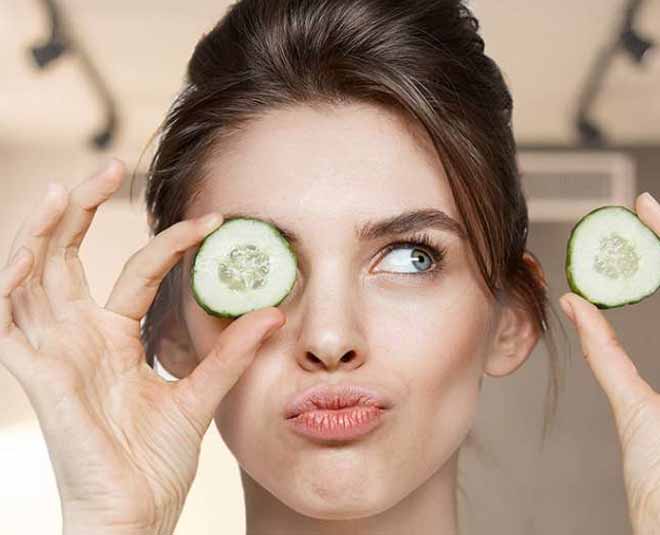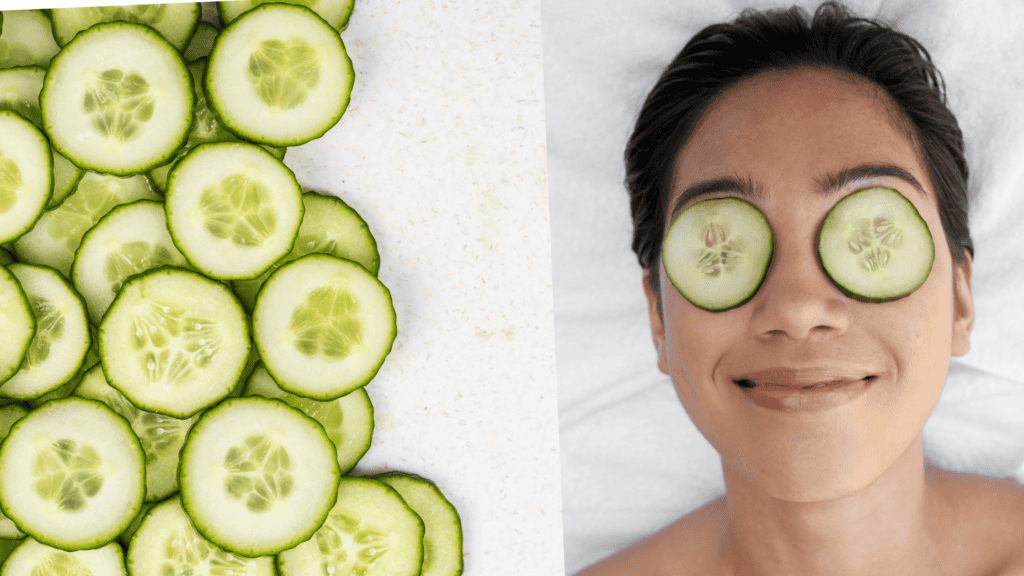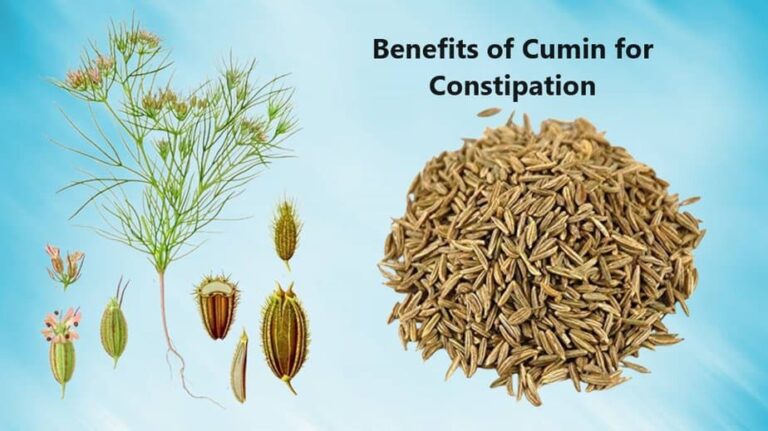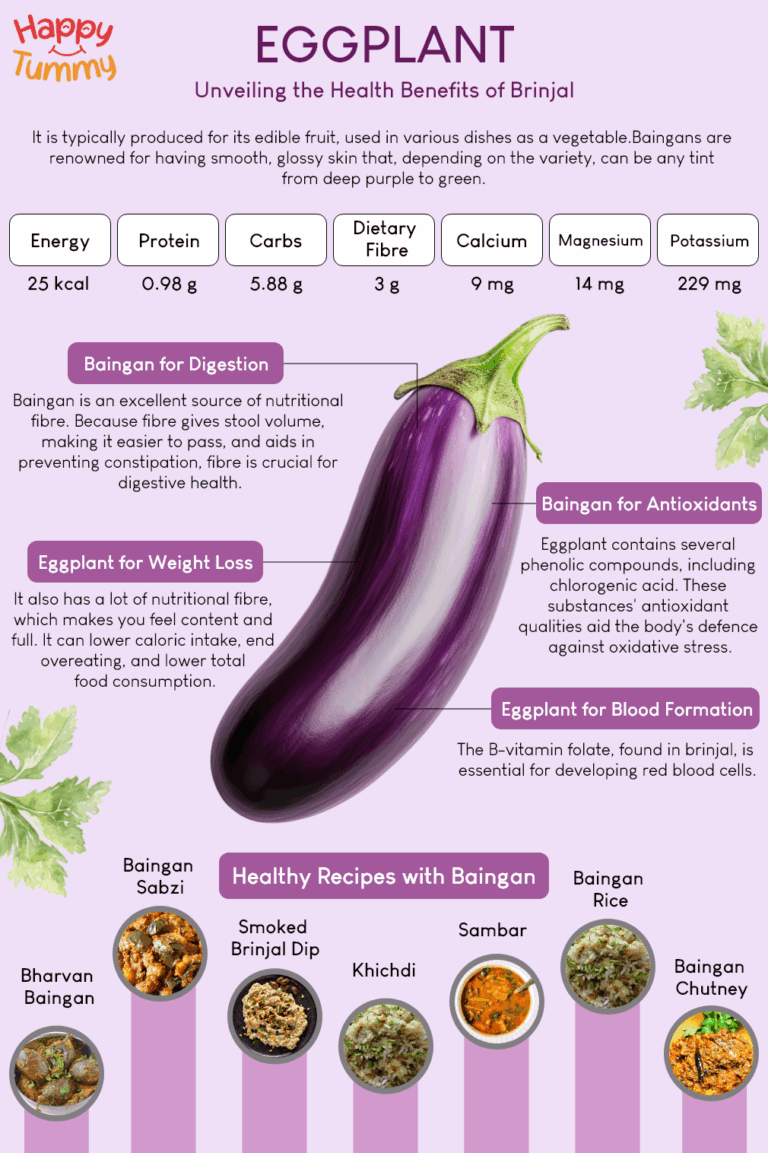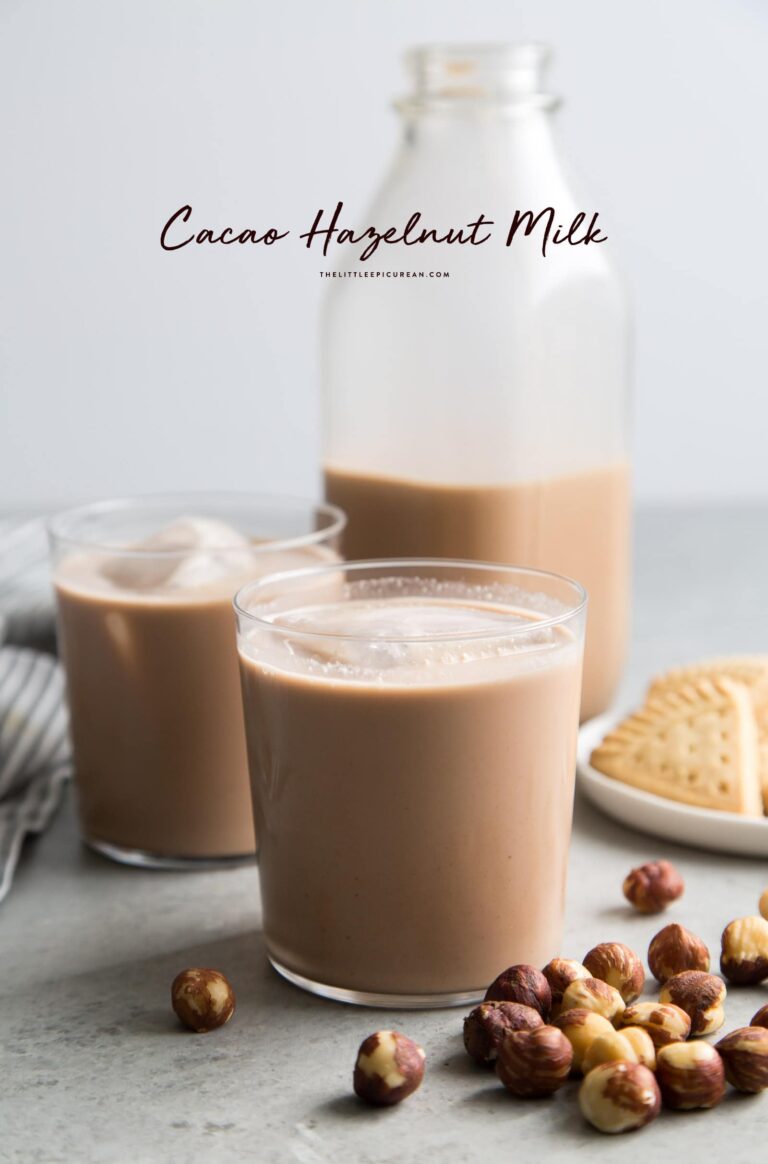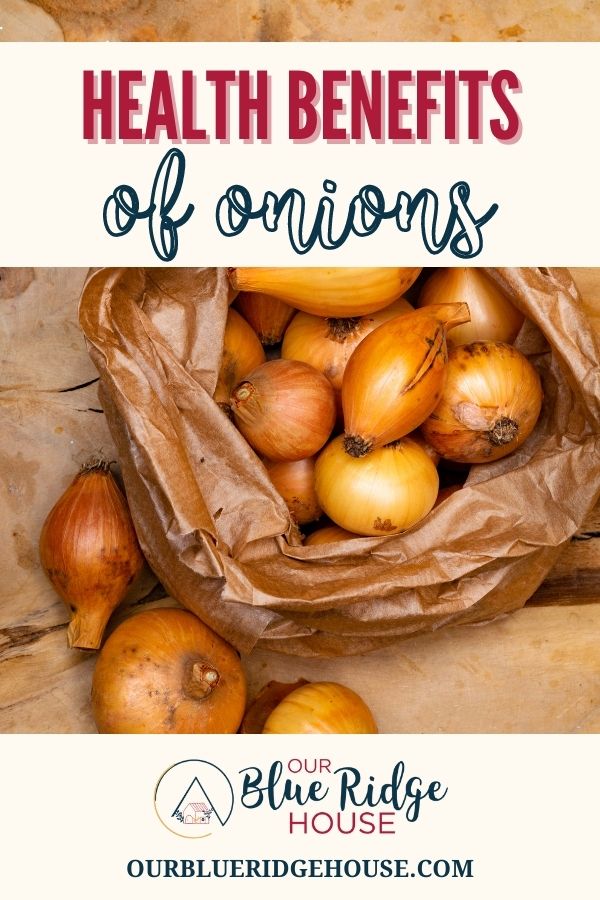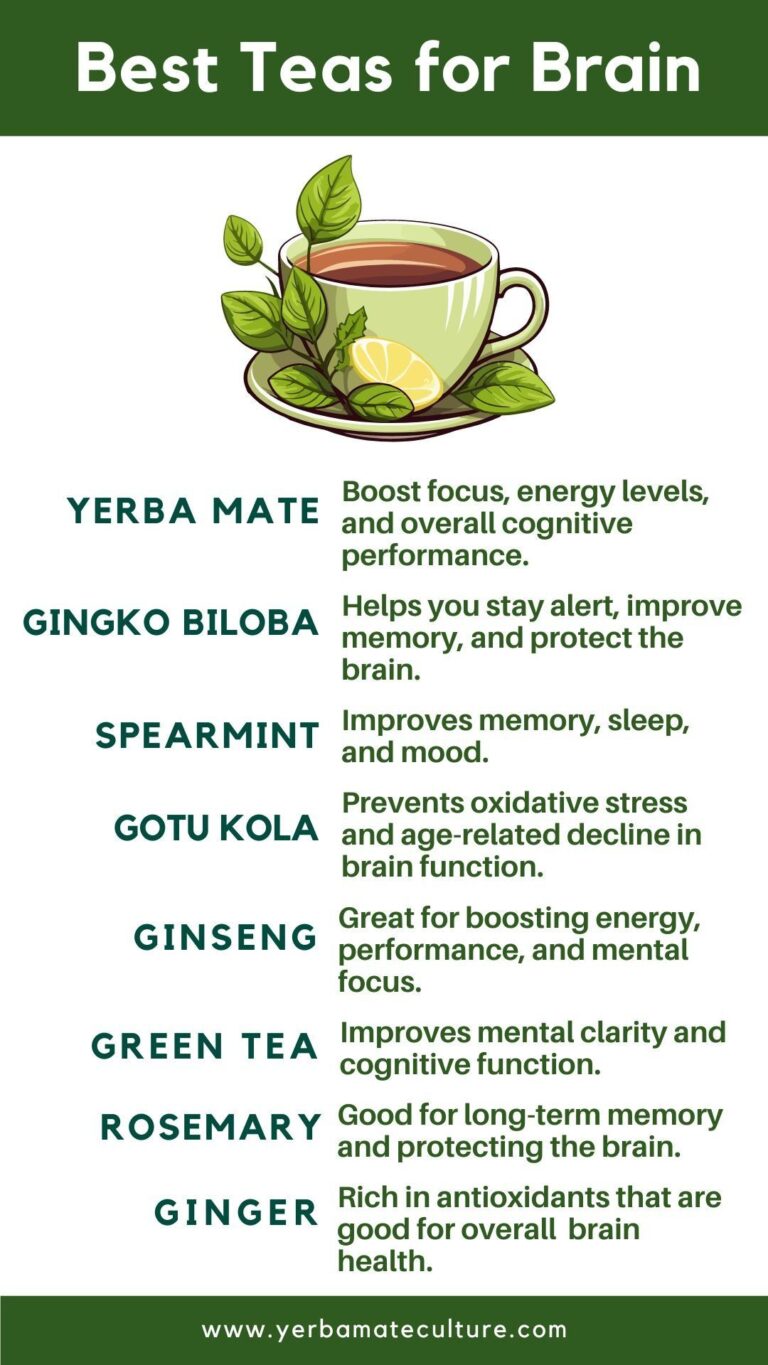Bye-Bye Puffiness: The Unsung Hero – Topical and Dietary Perks of Cucumber for Your Eyes
The tell-tale signs of a restless night, a stressful day, or perhaps a few too many salty snacks often manifest first and most prominently around our eyes. Puffy eyes, with their swollen, often discolored appearance, are a universal aesthetic vexation, capable of making us look tired, aged, and less vibrant than we feel. In a world brimming with complex skincare solutions and intricate beauty rituals, it’s a refreshing revelation that one of the most effective, accessible, and natural remedies has been lurking in our refrigerators all along: the humble cucumber.
Far from being merely a crisp salad ingredient or a spa cliché, the cucumber holds a powerful arsenal of compounds that address ocular puffiness from both the outside in and the inside out. This article will embark on a comprehensive journey, unraveling the scientific tapestry behind the cucumber’s efficacy, exploring its multifaceted benefits through topical application and dietary incorporation, and ultimately painting a holistic picture of how this verdant vegetable can be your ultimate ally in the battle against puffy eyes. Prepare to delve beyond the slices and discover the profound, scientifically-backed story of the cucumber – a true unsung hero in the quest for brighter, more refreshed eyes.
The Adversary: Understanding Ocular Puffiness
Before we champion our green hero, it’s crucial to understand the foe we’re up against. Ocular puffiness, clinically known as periorbital edema, is characterized by swelling around the eyes, primarily in the delicate skin of the eyelids and under-eye area. This region is particularly susceptible due to several factors:
- Thin Skin: The skin around the eyes is the thinnest on the entire body, making underlying fluid retention and vascular changes more visible.
- Abundant Blood Vessels: A rich network of capillaries in this area means increased fluid leakage can quickly become apparent.
- Lack of Sebaceous Glands: This area tends to be drier, making it more prone to dehydration and fine lines, which can exacerbate the appearance of puffiness.
- Gravity: Fluid naturally tends to pool in the lower eyelids, especially after lying down for extended periods.
The causes of periorbital edema are diverse and often interconnected, ranging from lifestyle choices to underlying health conditions:
- Fluid Retention: This is perhaps the most common culprit. High sodium intake, dehydration (paradoxically, the body holds onto water when dehydrated), hormonal fluctuations, and certain medications can all lead to excess fluid pooling in the delicate under-eye tissue.
- Lack of Sleep/Fatigue: Insufficient rest can impair the body’s natural restorative processes, leading to dilated blood vessels and fluid accumulation.
- Allergies: Allergic reactions can trigger inflammation and histamine release, causing blood vessels to dilate and leak fluid into the surrounding tissues.
- Inflammation: Irritants, crying, or even rubbing the eyes can cause localized inflammation.
- Genetics: Some individuals are simply predisposed to puffiness due to inherited facial structures or thinner skin.
- Aging: As we age, the collagen and elastin supporting the skin weaken, and the fat pads under the eyes can shift, creating more pronounced bags and shadows.
- Alcohol and Tobacco Use: Both substances can contribute to dehydration and inflammation, exacerbating puffiness.
- Medical Conditions: Less commonly, persistent puffiness can signal underlying issues such as thyroid problems, kidney disease, or dermatological conditions.
Understanding these mechanisms is the first step towards effective intervention. Our goal is to reduce inflammation, promote fluid drainage, provide hydration, and strengthen the delicate skin – all areas where the cucumber shines.
The Topical Magic of Cucumber: An External Elixir
The image of cucumber slices adorning closed eyelids is perhaps the most iconic symbol of spa relaxation. But beyond the aesthetic, there’s a profound scientific basis for this age-old practice. When applied topically, cucumbers offer a potent blend of physical and biochemical benefits.
The Power of Cold and Hydration
The immediate impact of chilled cucumber slices is primarily physical. The low temperature induces vasoconstriction, meaning it constricts the blood vessels beneath the skin. This immediate narrowing of capillaries reduces blood flow to the area, thereby decreasing swelling and inflammation. It’s akin to applying an ice pack, but with added benefits.
Furthermore, cucumbers are composed of approximately 95-96% water. This incredibly high water content acts as a natural hydrator for the delicate periorbital skin. Dehydrated skin can appear dull and emphasize fine lines, making puffiness seem worse. The gentle, cool moisture from cucumber slices soothes and rehydrates, restoring a smoother, more supple appearance.
The Biochemical Ballet: Key Bioactive Compounds
Beyond temperature and water, the true topical prowess of cucumber lies in its unique cocktail of bioactive compounds:
- Caffeic Acid: This powerful antioxidant and anti-inflammatory agent is a star player in the cucumber’s arsenal. Caffeic acid helps reduce swelling by inhibiting inflammatory pathways in the skin. When applied to puffy eyes, it works to calm the irritated tissues, lessening redness and edema. Its antioxidant properties also protect the delicate skin from environmental stressors.
- Ascorbic Acid (Vitamin C): While cucumbers aren’t the most concentrated source of Vitamin C, they do contain a notable amount. Topically, Vitamin C is a potent antioxidant that neutralizes free radicals, which contribute to skin aging and damage. It also plays a crucial role in collagen synthesis, which, over time, can help strengthen the skin’s structure and improve its elasticity, indirectly reducing the propensity for puffiness.
- Flavonoids: These plant compounds are renowned for their antioxidant and anti-inflammatory properties. Flavonoids found in cucumbers contribute to their ability to soothe irritated skin and reduce swelling, working synergistically with caffeic acid to combat inflammation.
- Silica: This trace mineral is vital for healthy connective tissue, including collagen and elastin. While its primary benefits are often observed through dietary intake, topical application of silica-rich extracts can contribute to improved skin elasticity and firmness, providing a long-term benefit for the periorbital area.
- Manganese: Another trace mineral, manganese acts as a cofactor for various enzymes, including superoxide dismutase (SOD), a powerful antioxidant enzyme. Its presence helps protect skin cells from oxidative damage, contributing to overall skin health and resilience.
Mechanism of Topical Action Summarized:
- Anti-inflammatory: Caffeic acid and flavonoids actively reduce the inflammatory response that contributes to swelling.
- Vasoconstrictive: The cool temperature constricts blood vessels, immediately reducing fluid leakage and puffiness.
- Hydrating & Soothing: High water content moisturizes the thin skin, making it appear smoother and more refreshed, while also calming irritation.
- Antioxidant Protection: Vitamin C, caffeic acid, and flavonoids combat free radical damage, promoting healthier skin cells.
- Mild Astringent: Cucumbers have a gentle astringent quality that can help tighten the skin temporarily, further reducing the appearance of puffiness.
Practical Topical Application:
To harness these benefits, simply:
- Chill: Refrigerate a whole cucumber for at least 30 minutes.
- Slice: Cut two thick slices (about ¼ to ½ inch) and place them over your closed eyelids.
- Relax: Lie down and relax for 15-20 minutes, allowing the coolness and bioactive compounds to work their magic.
- Repeat: This can be done daily or whenever puffiness is a concern.
For a more intensive treatment, you can grate cucumber and mix it with a dab of aloe vera gel or a few drops of rose water to create a soothing eye mask. The increased surface area of grated cucumber can potentially deliver more compounds.
The Dietary Dynamo: Nourishing from Within
While topical application offers immediate relief and localized benefits, true, lasting improvement often comes from addressing the root causes of puffiness internally. Here, the cucumber emerges as a nutritional powerhouse, providing essential components that support overall hydration, electrolyte balance, and cellular health, all of which profoundly impact the delicate skin around our eyes.
Hydration: The Foundation of Fluid Balance
As previously mentioned, cucumbers are primarily water. Consuming cucumbers contributes significantly to your daily fluid intake. This might seem counterintuitive for fluid retention, but adequate hydration is critical for preventing puffiness. When your body is dehydrated, it attempts to conserve water, often leading to fluid retention in various tissues, including the periorbital area. By consistently providing your body with sufficient water, you help maintain a healthy fluid balance, allowing your kidneys to efficiently flush out excess sodium and toxins that contribute to swelling. A well-hydrated body is less likely to cling to water in unwanted places.
Electrolyte Equilibrium: Potassium vs. Sodium
Cucumber is an excellent source of potassium, a vital electrolyte that plays a crucial role in maintaining fluid balance within cells and tissues. In contrast, high sodium intake is a primary driver of fluid retention. Sodium attracts water, and when there’s an excess, the body holds onto more fluid, leading to bloating and puffiness. Potassium acts as a counterbalance to sodium, helping to regulate blood pressure and promote the excretion of excess sodium through urine. By increasing your potassium intake through foods like cucumber, you support your body’s natural mechanisms for eliminating surplus fluid, thereby reducing generalized and ocular puffiness.
Vitamins and Minerals for Inner Radiance:
Beyond water and potassium, cucumbers are packed with a spectrum of vitamins and minerals that nourish the skin from the inside out:
- Vitamin K: While often associated with blood clotting, Vitamin K also plays a role in reducing the appearance of dark circles by improving circulation and strengthening capillary walls. A healthy intake can subtly contribute to a more even-toned and vibrant under-eye area.
- Vitamin C: Internally, Vitamin C is a powerful antioxidant that combats oxidative stress throughout the body. More importantly for skin, it is absolutely essential for the synthesis of collagen, the structural protein that gives skin its firmness and elasticity. A consistent dietary intake of Vitamin C supports the integrity of the delicate skin around the eyes, making it more resilient to the factors that cause puffiness and sagging.
- B Vitamins (e.g., B1, B5, B7): Cucumbers contain various B vitamins, which are crucial for cellular metabolism and energy production. A healthy supply of B vitamins supports overall skin health, promoting cell regeneration and repair, which contributes to a more youthful and vibrant complexion.
- Silica: As mentioned for topical benefits, silica is a key component of connective tissue. When consumed, silica helps strengthen collagen and elastin fibers throughout the body, including those in the skin. This can lead to improved skin elasticity and firmness, reducing the likelihood of skin laxity that exacerbates puffiness.
- Manganese: As an internal antioxidant, manganese is a cofactor for the body’s natural defense enzymes. It helps protect cells from damage caused by free radicals, which are generated by environmental factors and stress. This cellular protection translates to healthier, more resilient skin.
- Magnesium: This mineral is involved in over 300 biochemical reactions in the body, including muscle relaxation and stress reduction. While not directly anti-puffy eye, adequate magnesium can contribute to better sleep quality and reduced stress, both of which are critical for preventing eye puffiness.
Antioxidant Defense: Protecting from Within
The cumulative effect of the antioxidants found in cucumbers – including Vitamin C, beta-carotene (in the peel), and various flavonoids – is a robust internal defense system. These compounds scavenge free radicals, unstable molecules that can damage cells, accelerate aging, and contribute to inflammation. By mitigating oxidative stress, dietary cucumber supports overall skin health, reducing the inflammatory burden that can manifest as puffiness.
Gentle Detoxification and Gut-Skin Axis:
The high water and fiber content of cucumbers also aids in digestion and gentle detoxification. A healthy digestive system, free from constipation and internal stagnation, indirectly benefits skin health. The emerging science of the "gut-skin axis" suggests a strong connection between gut microbiota and skin conditions. By supporting a healthy gut, cucumbers contribute to a clearer, healthier complexion overall, which can include a reduction in inflammatory skin responses that might contribute to puffiness.
Practical Dietary Incorporation:
Incorporating cucumber into your diet is delightfully easy:
- Infused Water: Add slices of cucumber to your water pitcher for a refreshing, hydrating drink.
- Salads: A staple, providing crispness and nutrients.
- Smoothies: Blend cucumber with other fruits and greens for a nutrient-dense beverage.
- Snacks: Enjoy cucumber slices with hummus or as a standalone refreshing bite.
- Salsas and Dips: Add finely diced cucumber for texture and freshness.
The Synergistic Symphony: A Holistic Approach
The true power of cucumber in combating eye puffiness lies not in its isolated topical or dietary applications, but in their synergistic combination. When you simultaneously nourish your body from within and treat the delicate periorbital area from without, you create a comprehensive strategy that yields superior results.
Imagine this: The chilled cucumber slices provide immediate vasoconstriction and anti-inflammatory relief, calming the visible swelling and redness. Meanwhile, the consistent dietary intake of cucumber works behind the scenes, supplying your body with the necessary hydration, potassium to balance sodium, and antioxidants to protect cells and support collagen synthesis. This dual-pronged attack addresses both the superficial symptoms and the underlying causes of puffiness.
Furthermore, cucumber is best viewed as a valuable component within a broader holistic wellness strategy. Its benefits are amplified when combined with other healthy lifestyle choices:
- Adequate Sleep: Aim for 7-9 hours of quality sleep per night.
- Stress Management: Practice mindfulness, yoga, meditation, or other stress-reducing activities. Chronic stress can impact hormone balance and inflammation.
- Balanced Diet: Reduce processed foods, excessive sodium, and refined sugars. Focus on whole foods, fruits, vegetables, and lean proteins.
- Consistent Hydration: Beyond cucumber, ensure you’re drinking plenty of plain water throughout the day.
- Regular Exercise: Promotes circulation and lymphatic drainage, helping to move stagnant fluids.
- Gentle Eye Care: Avoid harsh rubbing, use a light hand when applying products, and consider a silk pillowcase to reduce friction.
- Allergy Management: If allergies are a trigger, work with a doctor to manage them effectively.
While cucumber is a remarkably effective natural remedy, it’s also important to have realistic expectations. It is a powerful aid, but not a miracle cure for chronic or severe puffiness caused by significant underlying health issues. If puffiness is persistent, painful, or accompanied by other symptoms, always consult a healthcare professional to rule out any medical conditions.
Practical Application and Considerations
To maximize the benefits of cucumber, a few practical tips are worth noting:
- Choosing Your Cucumbers: Opt for fresh, firm cucumbers. Organic varieties are preferable to minimize exposure to pesticides, especially if you plan to eat the peel (where many nutrients reside) or use them directly on your skin.
- Storage: Store cucumbers in the refrigerator crisper drawer to maintain their freshness and crispness. Chilling them before use is key for topical application.
- Preparation: Always wash cucumbers thoroughly, even if you plan to peel them. For topical use, simply slice them. For dietary use, they can be consumed raw or lightly cooked.
- Safety and Allergies: Cucumber is generally very safe for both topical application and consumption. Allergic reactions are rare but can occur. If you have sensitive skin, it’s always wise to perform a patch test on a small, inconspicuous area before applying it extensively to your eyes. Discontinue use if any irritation occurs.
- Beyond Slices: Don’t limit yourself to just slices. You can blend cucumber into a puree and apply it as a mask, or even make a cucumber-infused witch hazel solution for a soothing toner.
Conclusion: The Humble Hero Unveiled
The journey through the scientific and practical realms of cucumber’s benefits reveals a narrative far richer than its modest appearance suggests. From the immediate, soothing embrace of chilled slices that constrict vessels and quell inflammation, to the profound internal nourishment provided by its hydration, potassium, and antioxidant bounty, the cucumber stands as a testament to nature’s simple yet potent remedies.
In the ongoing quest for bright, unblemished eyes, we often seek out expensive serums and complex treatments, overlooking the accessible wisdom of tradition. The cucumber, a silent saboteur of puffiness, invites us to reconnect with a holistic approach to wellness. It reminds us that true beauty emanates from within, nurtured by conscious dietary choices and complemented by gentle, effective external care.
So, the next time you find yourself battling the unwelcome appearance of puffy eyes, remember the humble cucumber. Embrace its dual power – topical and dietary – and allow this unsung hero to guide you towards a refreshed gaze, a clearer complexion, and a renewed sense of confidence. Bid farewell to puffiness, and welcome the vibrant, well-rested reflection that awaits.
